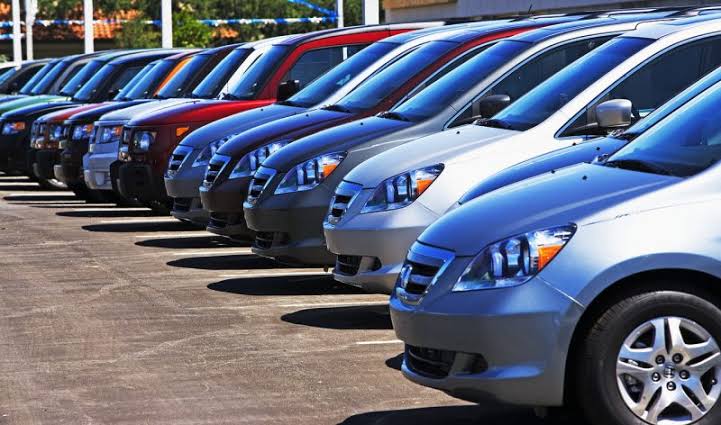
Buying a low-priced used car in Nigeria can be achieved with planning, immense research, and carefulness. Having a budget, looking at trusted websites, inspecting cars, and verifying documents, you can drive away in a dependable used car that fits your pocket size. Start looking today and enjoy the satisfaction of owning a fine used vehicle.
A used car purchase in Nigeria can be a cost-effective way of owning a car, considering the high cost of buying a new vehicle. However, acquiring a cheap yet effective used car requires planning and research. This manual offers practical steps on how to buy affordable used cars in Nigeria without compromising quality.
Set a Realistic Budget:
Prior to getting into the car market, determine your budget. Don’t just think about the price of purchase but also additional costs like registration, insurance, and potential repairs. In Nigeria, popular low-cost second-hand car models like Toyota, Honda, and Hyundai are typically in the range of ₦1.5 million to ₦5 million, depending on the model and year. Having a clear budget prevents limiting options and spending too much.
Research Popular Models:
Some car makes and models are popular because of their affordability, reliability, and spare parts availability in Nigeria. Vehicles such as the Toyota Corolla, Honda Civic, and Nissan Almera are popular because of their resilience and low maintenance costs. Compare prices on online platforms such as Jiji, Cheki, or Cars45 and read reviews from other Nigerian buyers to find the right models for you.
Check Trusted Platforms:
Nigeria has an extremely vibrant second-hand automobile market, both online and offline. Websites like Jiji, Olx, and Cars45 have detailed listings with attributes like price, location, and condition of the vehicle. To roll your sleeves up, look around local automobile dealers in places like Lagos, Abuja, or Port Harcourt. Always verify the authenticity of the seller by reading reviews or requesting recommendations to avoid scams.
Check the Car Properly:
Never skip a physical inspection before buying. Have a good mechanic check the engine, transmission, suspension, and electrical system. Look for rust, accident repair, or tampered odometers. In Nigeria, “Tokunbo” vehicles (second-hand imported vehicles) are normally the preferred option for quality, but verify the car documents, i.e., customs documents and ownership information, are genuine.
Negotiate Smartly:
Nigeria’s used car market is characterized by haggling. Research the market value of your desired model to negotiate on a good basis. Be polite but firm during negotiations, and walk away if the price is not acceptable for the condition or market value of the car.
Check Documents:
Ensure all paperwork, including the vehicle’s title, proof of ownership, and customs papers (for Tokunbo cars), is in order. Verify the Vehicle Identification Number (VIN) matches the documents to avoid legal issues.
